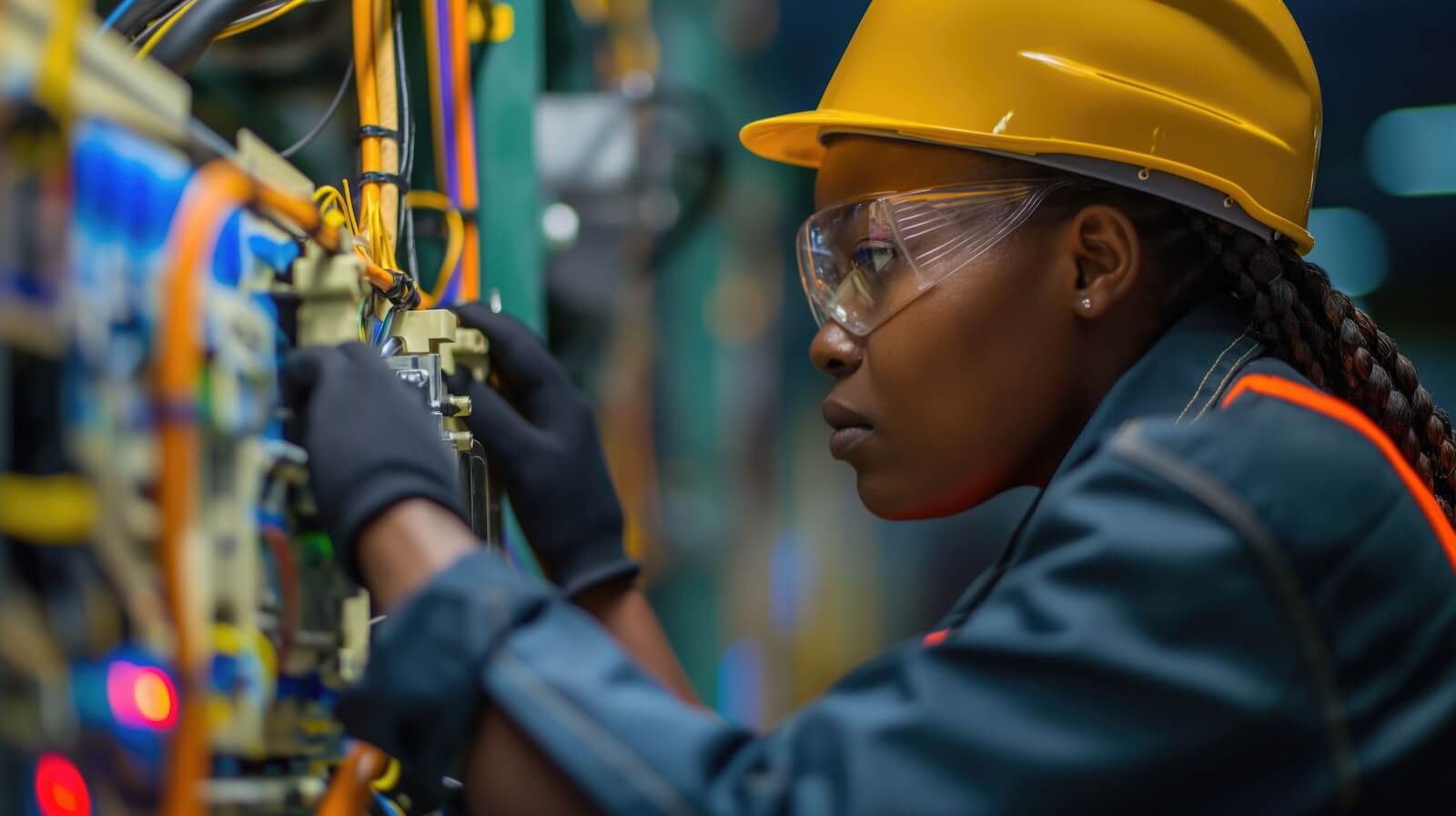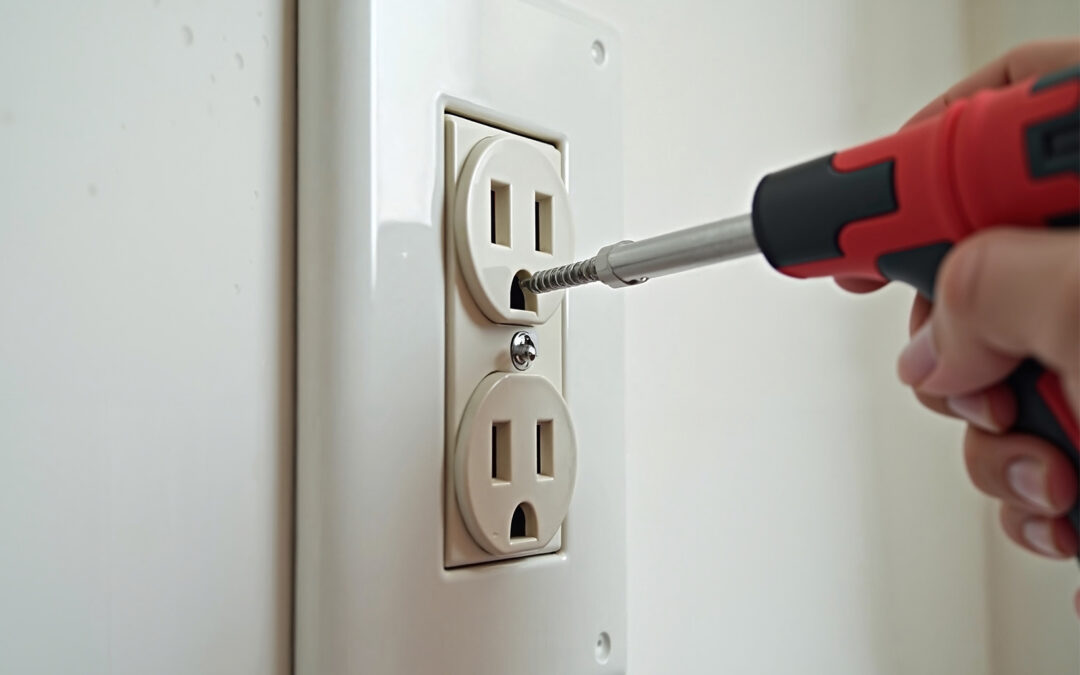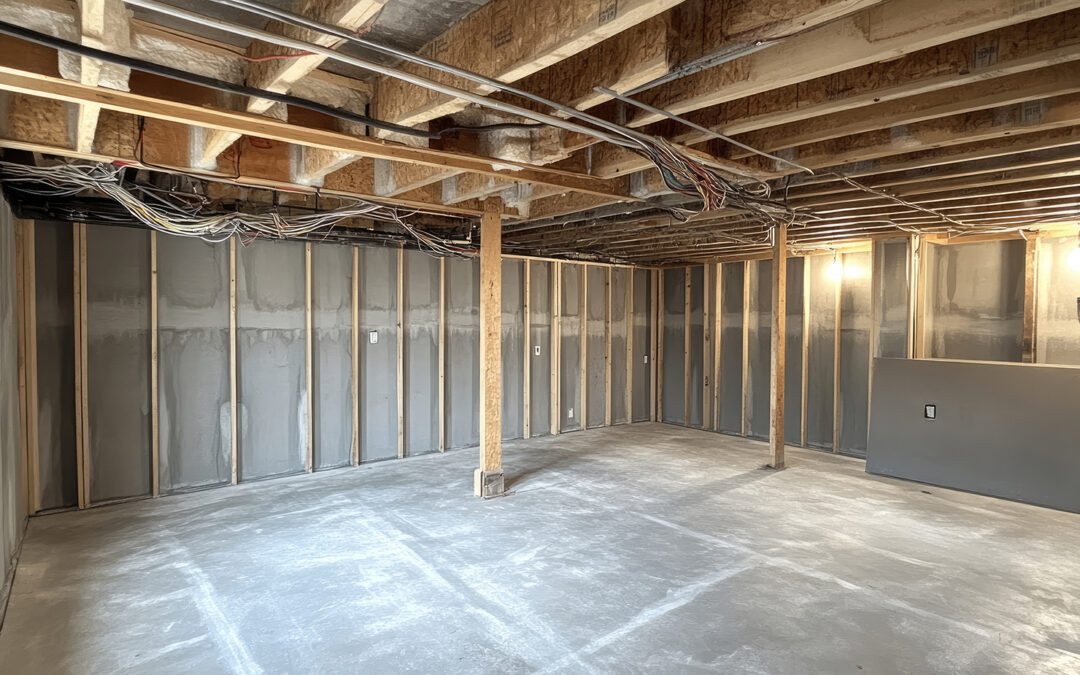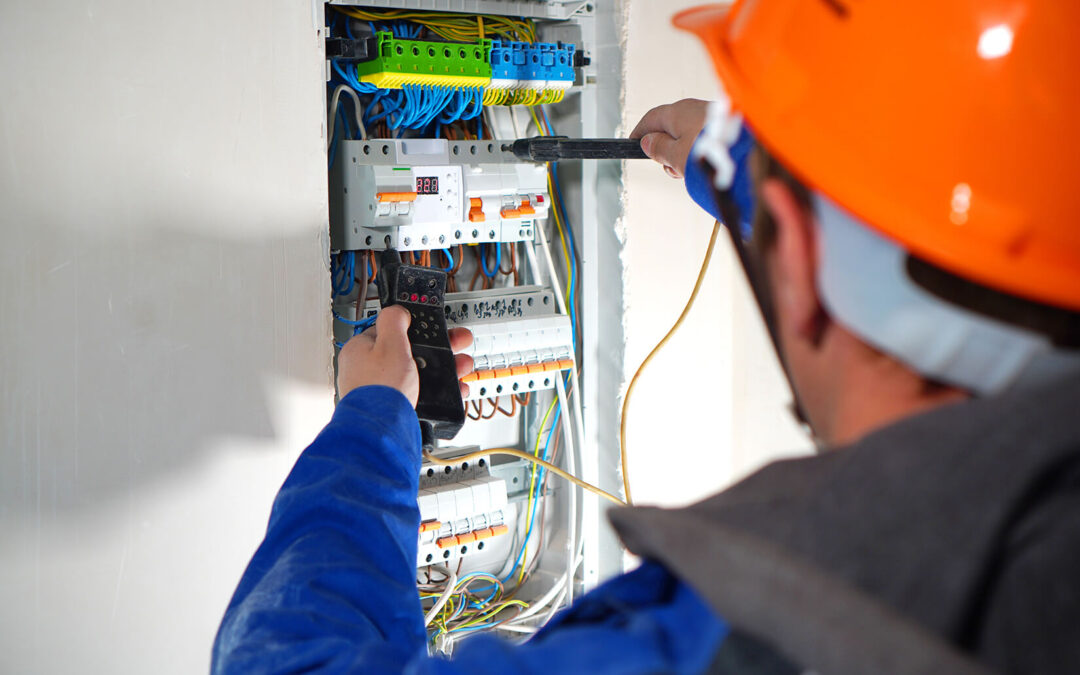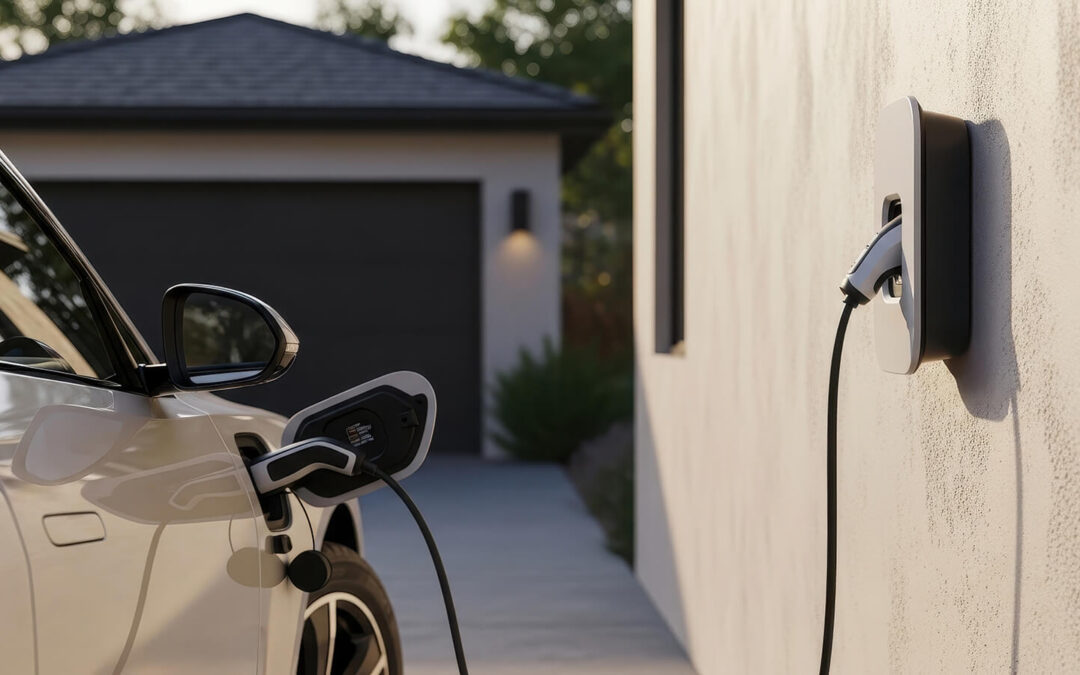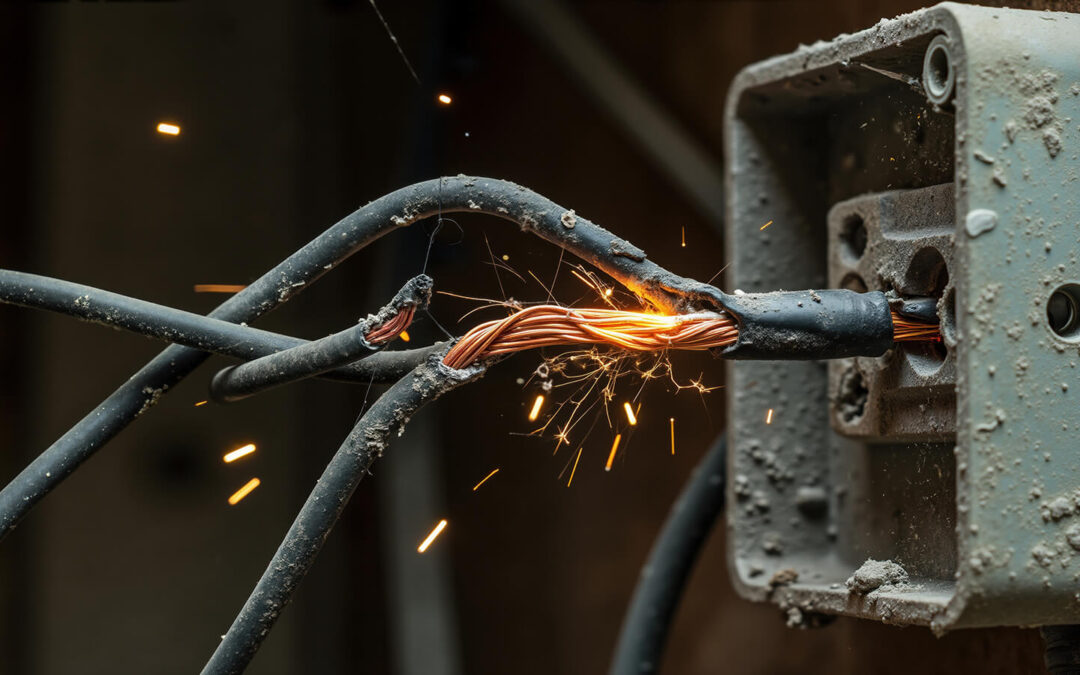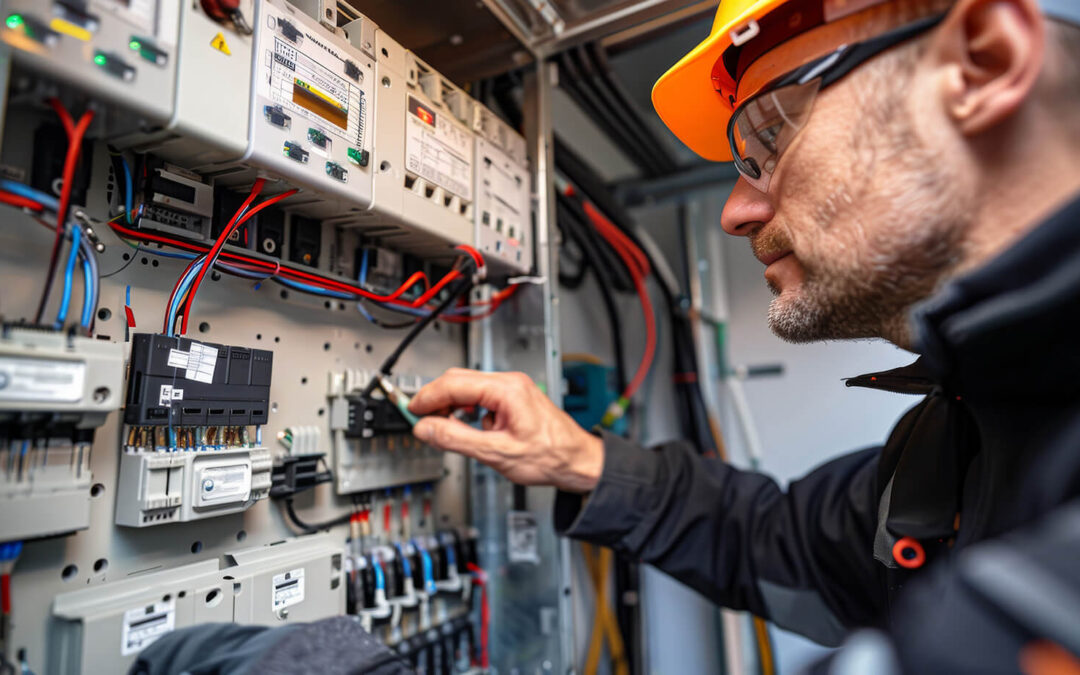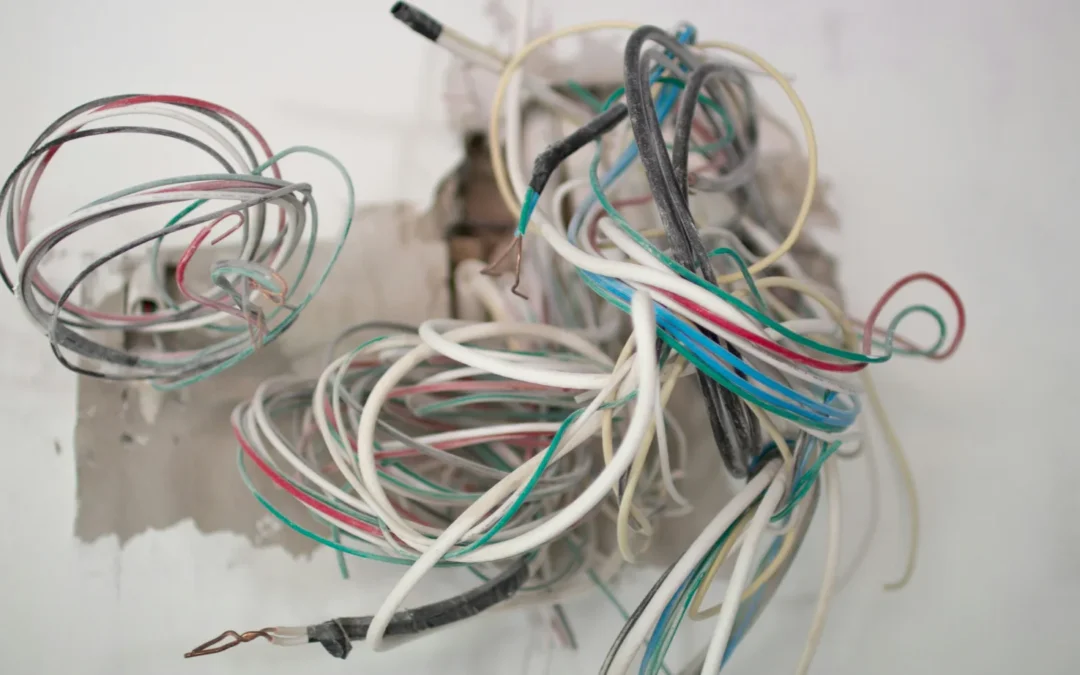When you think of high-risk jobs, professions like firefighting, law enforcement, or construction may come to mind. However, the work of an electrician often flies under the radar despite being one of the more hazardous occupations. Electricians face daily risks that require a keen understanding of safety protocols, specialized training, and vigilance. Let us explore the risks electricians encounter, the safety measures in place to mitigate those risks, and why hiring a licensed professional is essential for electrical work.
Understanding the Risks
1. Electric Shock and Electrocution
The most obvious risk for electricians is exposure to electricity. Working with live wires, faulty circuits, and high-voltage systems means that even a small mistake can lead to serious consequences, including:
- Electric Shock: A sudden flow of electricity through the body, potentially causing burns, nerve damage, or cardiac arrest.
- Electrocution: A fatal outcome when the electric current passing through the body disrupts vital functions like heartbeat and breathing.
2. Burns from Electrical Fires and Arc Flashes
Electrical fires and arc flashes are significant hazards in the trade. An arc flash occurs when an electrical current travels through the air between two conductors, producing extreme heat and light that can cause severe burns and damage to surrounding equipment.
The intense heat from arc flashes can reach up to 35,000 degrees Fahrenheit, causing life-threatening burns and even setting fire to clothing or nearby materials. Additionally, these events release a shockwave that can result in physical trauma.
3. Falls from Heights
Electricians often work at significant heights, installing or repairing wiring systems in buildings, on utility poles, or in industrial facilities. Working on ladders, scaffolding, or cherry pickers introduces the risk of falls, which can lead to serious injuries like fractures, head trauma, or even death.
4. Musculoskeletal Injuries
The physical nature of an electrician’s work frequently involves bending, lifting heavy equipment, and working in confined spaces. Over time, this can lead to musculoskeletal injuries, including back pain, joint strain, and repetitive motion injuries.
5. Exposure to Hazardous Materials
Electricians may encounter harmful substances like asbestos, lead, or chemicals used in older buildings or certain industrial environments. Prolonged exposure without proper protection can result in respiratory issues, skin conditions, or long-term health problems.
Safety Measures in the Field
Despite the inherent risks, the profession has evolved significantly in terms of safety standards and regulations. Here are some of the critical safety measures in place:
1. Comprehensive Training and Licensing
Electricians undergo extensive training, including apprenticeships, to ensure they understand the complexities of electrical systems and the dangers associated with them. Licensing exams test their knowledge of electrical codes, safety protocols, and practical skills, ensuring they’re well-prepared for the job.
2. Personal Protective Equipment (PPE)
Electricians are equipped with specialized gear to minimize risks. Common PPE includes:
- Insulated Gloves and Boots: To prevent electrical shocks.
- Arc-Flash Resistant Clothing: Designed to protect against the intense heat of arc flashes.
- Safety Goggles and Helmets: To shield the eyes and head from debris and impact.
- Harnesses: For fall protection when working at heights.
3. Adherence to Safety Standards
Organizations like the Occupational Safety and Health Administration (OSHA) set strict guidelines for workplace safety, including those specific to electricians. These standards cover everything from proper equipment use to safety protocols in hazardous environments.
4. Lockout/Tagout Procedures
One of the most critical safety practices involves lockout/tagout (LOTO) procedures, which ensure that machinery or electrical systems are properly shut off and cannot be turned back on while maintenance or repairs are being conducted. This eliminates the risk of accidental re-energization.
5. Regular Inspections and Maintenance
Routine inspections of tools, equipment, and electrical systems help identify potential hazards before they become serious issues. Electricians are trained to spot warning signs, such as frayed wires or faulty circuit breakers, and address them promptly.
Why Hiring a Professional Electrician Is Crucial
While it may be legal to do your own electrical work so long as you adhere to local safety laws, the extensive training given to licensed electricians means they have the knowledge and equipment to perform the work safely and without incident. Given the risks and the level of expertise required to navigate them safely, hiring a professional electrician for any electrical work is vital. Here’s why:
1. Expertise and Precision
Licensed electricians have the training and experience to handle complex electrical systems safely. They understand the nuances of electrical work, ensuring that installations, repairs, and upgrades are performed correctly.
2. Compliance with Codes and Regulations
Professional electricians are well-versed in local and national electrical codes. Ensuring that your electrical work meets these standards isn’t just about safety — it’s also a legal requirement for many types of installations and renovations.
3. Cost-Effectiveness
While hiring a professional might seem costly upfront, it can save you money in the long run. Improperly installed electrical systems can lead to costly repairs, increased energy bills, or even catastrophic events like fires.
4. Peace of Mind
Knowing that your electrical work has been handled by a qualified professional gives you peace of mind, ensuring the safety and functionality of your home or business.
A Dangerous Job with Vital Importance
The job of an electrician is undeniably risky, involving exposure to high voltages, hazardous materials, and physically demanding conditions. However, through rigorous training, the use of protective equipment, and adherence to strict safety protocols, electricians play a critical role in keeping our homes, businesses, and infrastructure powered and safe.
When it comes to electrical work, the risks of DIY or unlicensed labor far outweigh the potential savings. Trusting a licensed electrician ensures that the job is done right, protecting both your property and the people within it. If you need reliable, professional electrical services, reach out to the experts at Table Mountain Electric — where safety, quality, and customer satisfaction are our top priorities.



